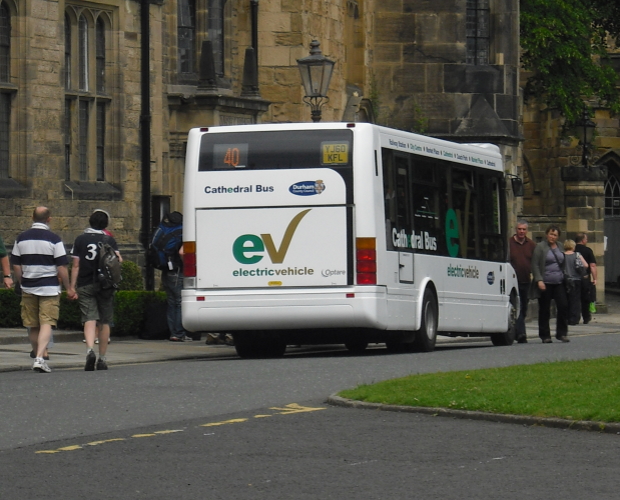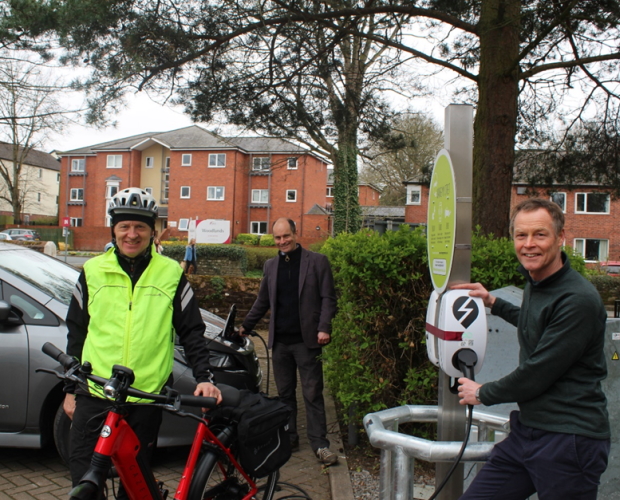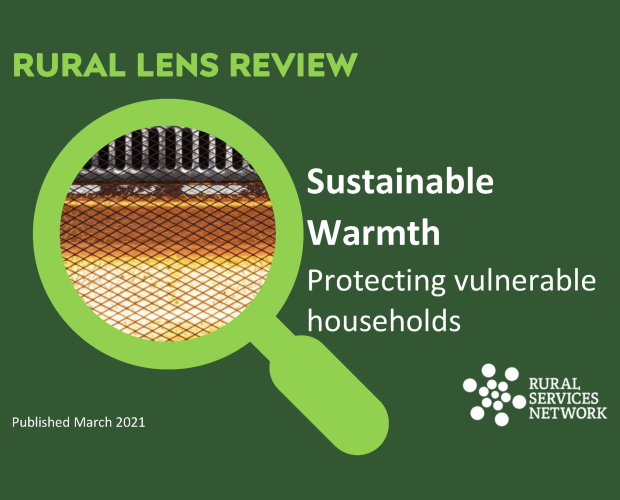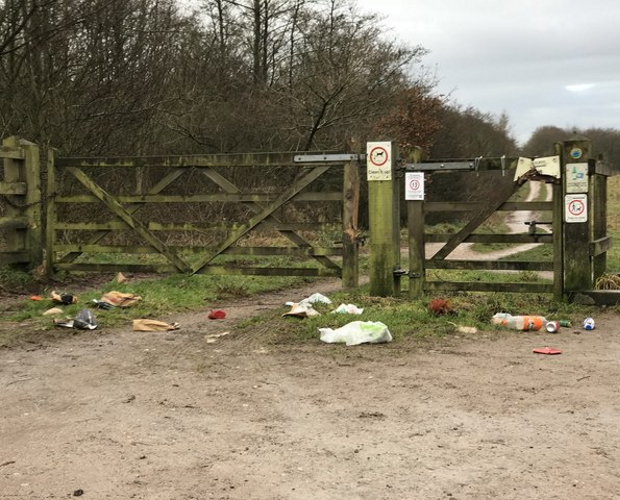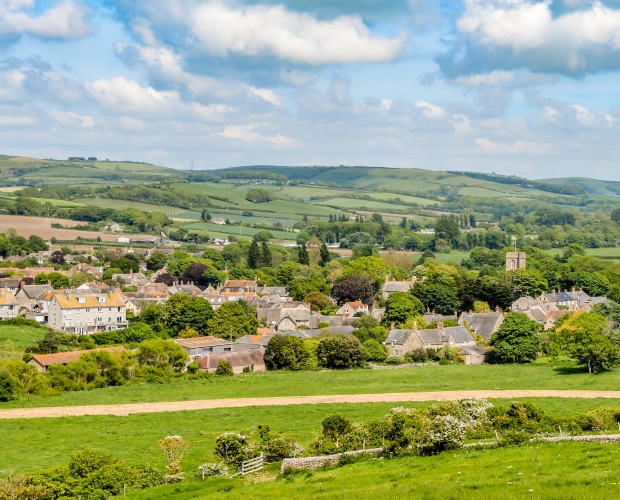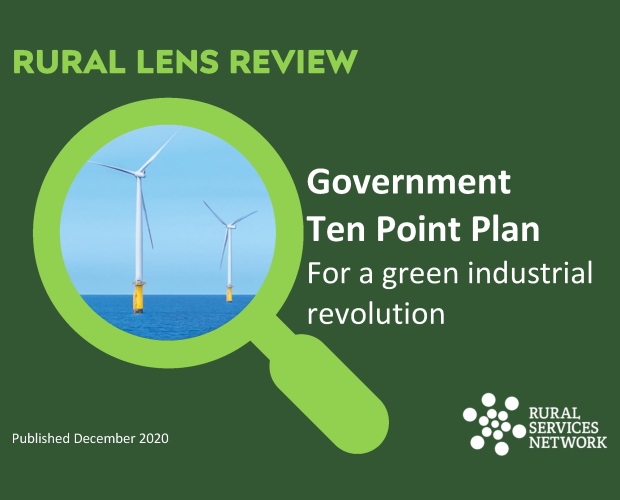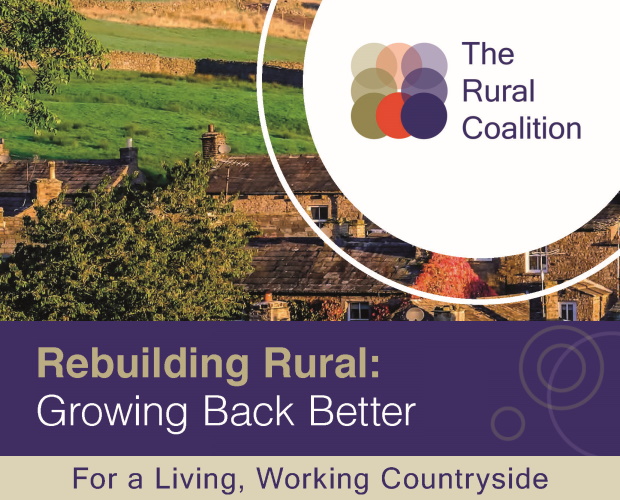T: 01822 851370 E: [email protected]
RSN Voices Serious Concerns Over ‘Fairness’ Of Settlement
Read here...
The National Innovation Centre for Rural Enterprise (NICRE) is co-hosting an interactive event on 30 June 2021 for food and drink businesses to help realise their full net-zero potential and move towards sustainable delivery ‘Delivering the goods’ takes place online...
A transport body has argued that a one-size-fits-all approach to net zero carbon emissions is likely to have disproportionate societal effects on rural communities, according to trade publications Fleet Point and UK Haulier The Chartered Institute of Logistics and Transport’s...
Two electric vehicle chargepoints and two charging sockets for e-bikes have been installed at Blain House in Penrith The electric vehicle chargepoints are the latest in a series of similar installations by Lancaster based community benefit society Charge My Street...
The Rural Services Network has been considering key government documents and publications ‘Through a Rural Lens’ to see how rural communities and their services are considered. In the latest of our ‘Through a Rural Lens’ analyses, we have reviewed the...
The Times reports on news that a council in Kent is turning to technology to fine motorists who throw food debris out of the window, littering the roadsides LitterCam cameras will launch the first pilot scheme in the country in...
In the RSN review of the Government’s 10 point plan for a Green Industrial Revolution through a rural lens we said “A mixed technology approach is required for rural homes and business to move to net zero, particularly for hard...
The Rural Services Network was delighted to have the Social Value Engine developed by East Riding Council and Rose Regeneration featuring as a topic at the Rural Economy meeting yesterday. (25 Jan). What is the Social Value Engine? Developed through...
On 18 Nov 2020, the Prime Minister laid out his plans for the 10 Point Plan for Green Industrial Revolution Government said:“The plan – which is part of the PM’s mission to level up across the country - will mobilise...
Call for Government to level-up rural areas to support England’s economic recovery from COVID-19 Rural Coalition urges Government to unlock untapped potential of rural communities and economies and to address long-standing inequalities A coalition of thirteen leading rural organisations is...
Article written by David Cope, Countryside Climate Network Coordinator David Cope, UK100’s Countryside Climate Network Coordinator, spoke at the Rural Service Network’s annual conference Revitalising Rural on Thursday. In this adaption of David’s talk, he spells out why we need to include the rural...
NEWSLETTER
Sign up to receive all our latest news and updates.
HOT TOPICS
Amid reduced public spending, fair resource allocation across regions is crucial. Despite a population larger than Greater London, rural areas receive significantly less funding for essential services, even though delivering these services in rural areas is more expensive.
Economic growth is widely acknowledged as essential for national wealth and prosperity and is a priority for political parties. Rural economies, employing millions and home to a higher proportion of small businesses, have potential for growth if barriers are removed.
Rural residents face distinct healthcare challenges, including limited access to transport, longer distances to medical facilities, an aging demographic, housing inadequacies, digital connectivity gaps, and difficulties recruiting health and care workers.
Rural communities are grappling with a severe affordable housing crisis, marked by high house prices, a lack of affordable housing, elevated living costs, and lower incomes, threatening their sustainability and vitality.
Transport is vital for the quality of life and economic health of rural areas, yet it faces challenges such as infrequent public bus services and less Government funding compared to urban regions.
Rural areas, encompassing a substantial portion of England's population and land, play a pivotal role in combating climate change and achieving the net zero target.
In an increasingly digital world, the lack of robust digital infrastructure in rural areas severely limits access to crucial services and stifles economic growth.
A future-focused vision for rural communities involves not just building the right homes in the right places but also ensuring thriving, sustainable communities.
SIGN UP TO OUR NEWSLETTER
Sign up to our newsletter to receive all the latest news and updates.


